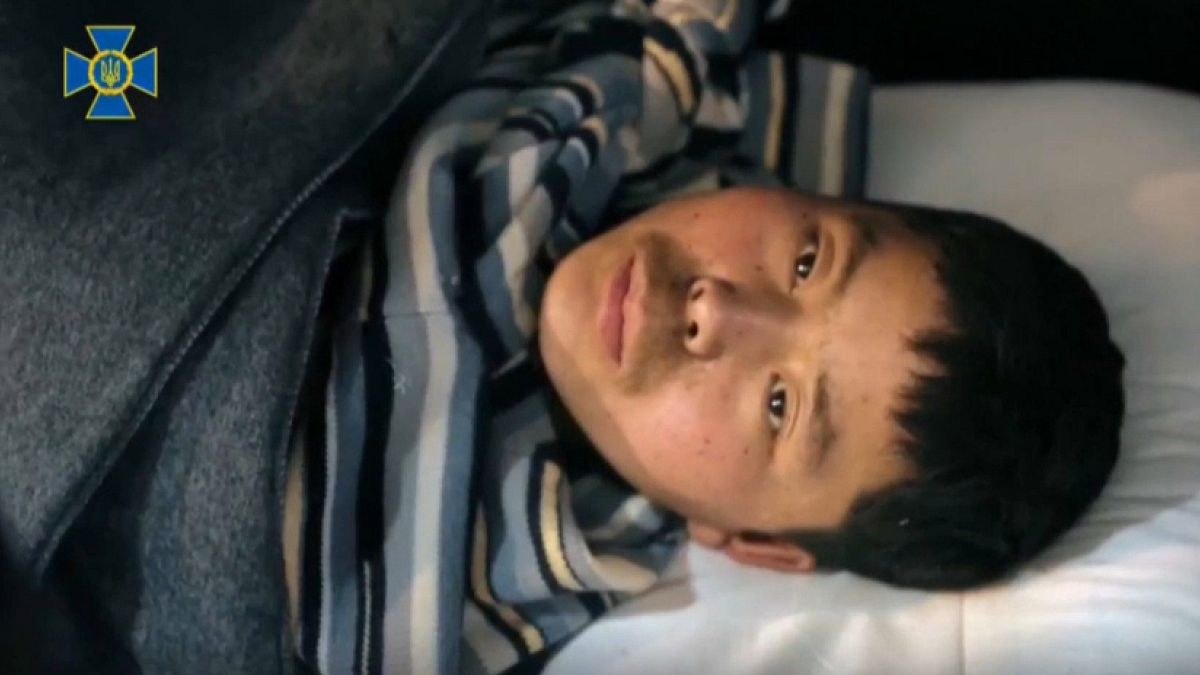The most important thing Russian President Vladimir Putin tries to impress on Ukraine’s western friends is that he has time on his side, so the only way to end the war is to accommodate his wishes. The apparent resilience of Russia’s economy, and the resulting scepticism in some corners that western sanctions have had an effect, is a central part of this information warfare.
The reality is that the financial underpinnings of Russia’s war economy increasingly look like a house of cards — so much so that senior members of the governing elite are publicly expressing concern. They include Sergei Chemezov, chief executive of state defence giant Rostec, who warned that expensive credit was killing his weapons export business, and Elvira Nabiullina, head of the central bank.
This pair know better than many people in the west, who have been taken in by numbers indicating steady growth, low unemployment and rising wages. But any economy on a full mobilisation footing can produce such outcomes: this is basic Keynesianism. The real test is how already employed resources — rather than idle ones — are being shifted away from their previous uses and into the needs of war.
A state has three methods to achieve this: borrowing, inflation and expropriation. It must choose the most effective and painless mix. Putin’s conceit — towards both the west and his own public — has been that he can fund this war without financial instability or significant material sacrifices. But this is an illusion. If Chemezov’s and Nabiullina’s frustrations are spilling into public view, it means the illusion is flickering.
A new report by Russia analyst and former banker Craig Kennedy highlights the huge growth in Russian corporate debt. It has soared by 71 per cent since 2022 and dwarfs new household and government borrowing.
Notionally private, this lending is in reality a creature of the state. Putin has commandeered the Russian banking system, with banks required to lend to companies designated by the government at chosen, preferential terms. The result has been a flood of below-market-rate credit to favoured economic actors.
In essence, Russia is engaged in massive money printing, outsourced so that it does not show up on the public balance sheet. Kennedy estimates the total at about 20 per cent of Russia’s 2023 national output, comparable to the cumulative on-budget allocations for the full-scale war.
We can tell from the Kremlin’s actions that it sees two things as anathema: visibly weak public finances and runaway inflation.
The government eschews a significant budget deficit, despite growing war-related spending. The central bank remains free to raise interest rates, currently at 21 per cent. Not enough to beat down inflation driven by state-decreed subsidised credit, but enough to keep price growth within bounds.
The upshot is that Chemezov’s and Nabiullina’s problems are not an error that can be fixed but inherent to Putin’s choice to flatter public finances and keep a (high) lid on inflation. Something else has to give, and that something else includes businesses that cannot operate profitably when borrowing costs exceed 20 per cent.
Putin’s privatised credit scheme, meanwhile, is storing up a credit crisis as the loans go bad. The state may bail out the banks — if they don’t collapse first. Given Russians’ experience of suddenly worthless deposits, fears of a repeat could easily trigger self-fulfilling runs. That would destroy not just banks’ but the government’s legitimacy.
Putin, in short, does not have time on his side. He sits on a ticking financial time bomb of his own making. The key for Ukraine’s friends is to deny him the one thing that would defuse it: greater access to external funds.
The west has blocked Moscow’s access to some $300bn in reserves, put spanners in the works of its oil trade and hit its ability to import a range of goods. Combined, these prevent Russia from spending all its foreign earnings to relieve resource constraints at home. Intensifying sanctions and finally transferring reserves to Ukraine as a down payment on reparations would intensify those constraints.
Putin’s obsession is the sudden collapse of power. That, as he must be realising, is the risk his war economics has set in motion. Making it recede, by increasing access to external resources through sanctions relief, will be his goal in any diplomacy. The west must convince him that this will not happen. That, and only that, will force Putin to choose between his assault on Ukraine and his grip on power at home.
martin.sandbu@ft.com






















/cdn.vox-cdn.com/uploads/chorus_asset/file/25822586/STK169_ZUCKERBERG_MAGA_STKS491_CVIRGINIA_A.jpg)

